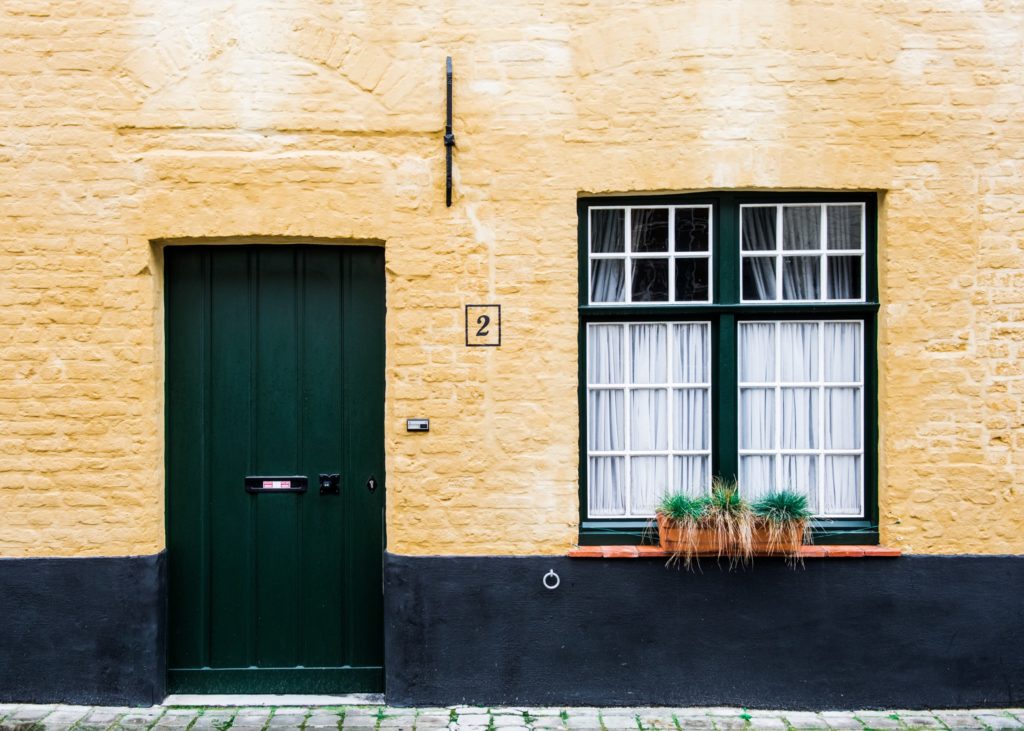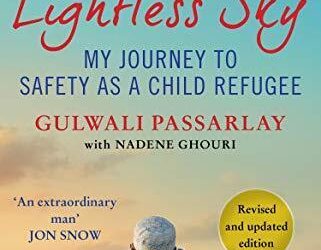A home can give a sense of belonging, comfort, and security; however, the memories we hold in our heart comforts us and connects us to our family and friends, be they near or far.

For migrants, the concept of home can be complex and multi-faceted. Migrants may have left their country of origin to find better economic opportunities, escape political or social oppression, or reunite with family. As a result, their sense of home is a fluid and ever-changing concept as they adjust to a new culture and often a new language, all against a deep desire to put down roots and settle in this new country.
The adage “home is where the heart” is well known and often quoted, yet in the UK (and, to be fair, most countries now), finding a home to buy or rent is out of the reach of far too many people. House prices have soared over recent years, and with higher inflation rates and the cost of living increasing, mortgages are hard to obtain. Even for people choosing to rent, the options are limited. Finding decent accommodation at a manageable rent close to your desired location is almost impossible. In the words of author Mariana Serapicos,
“Forget the property ladders; all we want is a room of our own”.
If you have lived in the same family house or the same town or village for all your life, finding yourself in a new environment where, if you are waiting for an asylum application decision and are placed in temporary accommodation or as a migrant worker subject to short term commercial rental contracts and an enforced rental roller-coaster, it is almost impossible to truly settle into your new country.
Mariana lived this typical nomadic London lifestyle, renting in nine different places over nine years. When you read Mariana Serapicos’s story, Nine Lives, in the TogetherintheUK anthology, Hear Our Stories, it may seem at first a humorous and honest recount of living in London, constantly moving from rental property to rental property and all the joys that go with moving regularly. Looking on the bright side, some might say that constantly moving allows you to experience places and house designs that you might never see if you stayed home. This concept was true for Mariana, who was delighted to discover stairs when she moved into her first lodgings.
“My new hours had stairs, stairs! I had lived in flats all my life…My previous life had been flat, no steps.”
But on further reading, there is an undertone of loneliness, fear and discrimination, expectations, hope and finally, the sense of relief that comes with realisation in her story.
With a severe housing crisis, finding rental accommodation in the UK is challenging for professionals, students, and families; it does not matter what your background is – with a shortage of property and extortionate rents, it’s a lottery. However, imagine another layer of complication, assume you are a migrant or a refugee – it’s almost an impossible task to find accommodation. It is not that long ago that signs posted by landlords and landladies saying, “No Blacks, No Irish, No Dogs” were commonplace and acceptable. Thankfully, such slurs are now illegal and unacceptable. However, as Mariana’s story reveals, there are always undercurrents of racism and discrimination. She recounts an instance with one of her housemates when she first moved into one of her lodgings.
My stuff was everywhere; it didn’t fit in the bedroom. “You are taking up space”, said my housemate – I had a chair. “Coming over here” and “placing my belongings on freshly clean carpets, that was me”.
That “coming over here” attitude, whether it is coming over here and taking our accommodation or, as experienced by another of the Hear Our Stories authors, Farisai Dzemwa, coming over here and “stealing” jobs, is commonplace and faced by many migrants regularly. Spoiler alert, Farisai, like many other NHS workers, migrant or national, was one of the “Heroes” that nursed us through the COVID pandemic.
“Here comes another one”, they must have said to each other as I passed them. “Another job will be stolen soon”, another one would probably have said. Farisai Dzemwa, My Life as an Immigrant, in so Many Words
Home is a physical or emotional state where a person can feel a sense of belonging, comfort, and safety. And this is what Mariana experienced when she moved into her boyfriend’s house. So many of us can relate to her description of the sense of relief when unpacking for what she hopes is the last time.
“…and I thought “that’s it, no more moving around, I could feel my shoulders drop, I would never have to put my things in a box, book a van or get bubble wrap. I could put nails in the wall, I would actually be able to decorate, put my prints on frames. It would be ours: it was home”.
However, that sense of being home and in a lasting relationship did not last, and Mariana faced the prospect of moving again. However, despite the “forced spring cleaning” and “trips to the charity shops”, this move brought a realisation of what home really is. Home is not necessarily a physical place but a sense of belonging, comfort, and security. And most importantly, the many possessions that we fill a house with are there for nostalgia and to remind us of our family and original home. In truth, it is our memories that bring lasting happiness and fulfilment.
“As I noticed myself having to shrink, to make things fit, I realised how I can carry the biggest things within. I can inflate all my possessions in an invisible way; they don’t take actual space.”
According to the UN, over a hundred million people are displaced worldwide. People who, before they fled, may not have had the chance even to pick up a family photograph, a wedding album, or a special keepsake. The absence of physical reminders of special people, times or places does not eliminate the memory; what we hold inside matters. As Mariana says,
‘All these rooms morphed into something meaningful because is what you carry inside. The memories, the friends, the books I read; I carry them in my heart‘.
It was the last move that prompted Mariana to reflect on the concept of home. She recognised that many people have or are facing similar situations, and she wanted to share her experiences and her realisation about the true meaning of home in the hope of giving comfort. She believes that art and writing work as a mirror into our souls, and when we stare back at ourselves, the world starts to make sense. Mariana is the child of forced economic migrants who left Portugal for Brazil, looking for better opportunities. She feels fortunate that her move to the UK was due to want and not a need. She completed her Master’s in Filmmaking in 2013 and is now pursuing her career and continuing with her writing. You can read some more of Marina’s stories on this link, and she is on Twitter @marianasra.
Mariana was keen to share her story in the TogetherintheUK anthology, Hear Our Stories, as she knows she feels seen when reading or watching something that resonates with her. Through her writing, she wants to be able to do the same for other people.
Order your copy of Hear Our Stories through this link to read Mariana’s Nine Lives and other fascinating and insightful stories.






